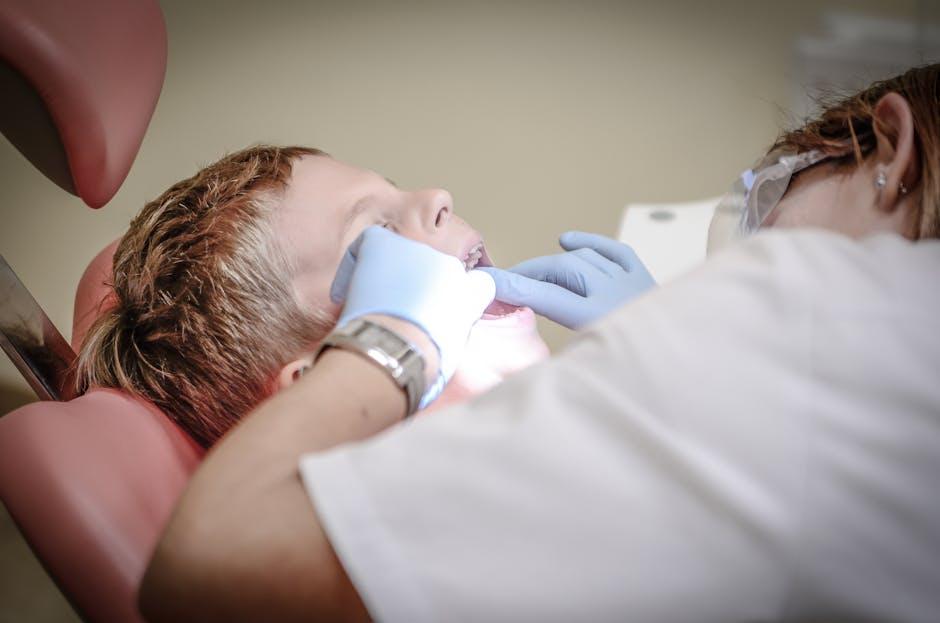
Dentists Working at McDonald’s Due to ORE Struggles – Dentistry UK
In the UK, the Overseas Registration Exam (ORE) acts as a crucial gateway for internationally qualified dentists to practice dentistry legally. However, many dentists find themselves unable to clear this hurdle despite years of experience and study. As a result, some have faced the unexpected reality of working outside their field – including taking up jobs at McDonald’s. This article explores the reasons behind this phenomenon, the challenges dentists face with the ORE, and practical steps to overcome these barriers.
What is the Overseas Registration Exam (ORE)?
The Overseas Registration Exam (ORE) is a mandatory licensure examination conducted by the General Dental Council (GDC) in the UK. The exam evaluates the skills and knowledge of dentists who obtained their qualifications outside the UK or European Economic Area (EEA) to ensure they meet UK dental standards.
- Part 1: Written multiple-choice questions focusing on theoretical knowledge of dental sciences.
- Part 2: Practical clinical exam testing actual dental skills on patients.
Since the ORE is notoriously difficult, many graduates attempt the exam multiple times without success. The limited number of exam slots and waiting times add to the frustration and struggle.
Why Are Dentists Working at McDonald’s Due to ORE Difficulties?
Despite holding dental degrees and ample clinical experience, some internationally qualified dentists are forced to seek alternative employment such as roles at McDonald’s or other non-dental jobs. This unusual trend stems from:
- Long Exam Wait Times: Due to high demand and limited exam capacity, it can take several years to get an exam date.
- High Failure Rates: Passing the ORE requires comprehensive preparation, and failure rates can be discouragingly high.
- Financial Pressure: Without the ability to practice dentistry, many dentists need to find stable income sources immediately.
- Visa and Immigration Restrictions: Some dentists have limited options for work authorization outside of non-professional roles.
These challenges push qualified dental professionals to temporarily or indefinitely take on jobs outside their expertise – with fast food chains like McDonald’s being common due to flexible hours and immediate hiring.
Challenges Faced by Overseas Qualified Dentists in the UK
| Challenge | Impact | Possible Solution |
|---|---|---|
| ORE Exam Registration & Slot Availability | Lengthy delays, increased anxiety | Early registration, join waiting lists, exam preparation courses |
| Financial Burden | Loss of income, expensive exam fees | Seek scholarships, part-time work aligned with dentistry |
| Visa Limitations | Restricted employment options | Consult immigration advisors, explore visa options linked to healthcare roles |
| Cultural & Language Barriers | Lower confidence in clinical communication | English language improvement courses, communication workshops |
Real-Life Experiences: Dentists’ Stories
Several dentists across the UK have openly shared the struggles associated with failing to pass or register promptly for the ORE exam:
- Dr. Ali, a dentist from Pakistan, spent three years preparing and attempting the ORE but missed exam slots due to limited capacity. He worked part-time at McDonald’s during this time to support his family.
- Ms. Maria, a Brazilian dentist, cleared ORE Part 1 but failed Part 2 twice. The financial strain forced her to postpone subsequent attempts and rely on hospitality jobs.
- Dr. Lee, originally from South Korea, took extra English communication courses and engaged a mentor to finally overcome ORE challenges and resume dental practice.
Benefits of Passing ORE and Practicing in UK Dentistry
Successfully clearing the ORE opens doors to rewarding dental careers in the UK, with many benefits including:
- Professional recognition: Legally register with the GDC and work as a dentist.
- Higher income potential: Earnings in dentistry far exceed entry-level wages at McDonald’s.
- Career progression: Opportunities for specialization, research, and teaching.
- Job satisfaction: Providing essential oral healthcare and making a difference.
Practical Tips to Overcome ORE Struggles
If you are an internationally qualified dentist facing difficulties with the ORE, consider these strategies:
- Plan and Register Early: Keep up-to-date with exam openings — slots fill fast.
- Join ORE Preparation Courses: Many UK-based and online coaching classes focus on exam techniques and clinical skills.
- Practice Clinical Skills: Volunteer or shadow dentists to sharpen hands-on experience.
- Improve English Proficiency: Enhance communication skills using language classes designed for healthcare professionals.
- Networking: Join dental communities and forums for support and mentorship.
- Financial Planning: Save funds ahead to cover exam fees and transition periods without clinical work.
Conclusion
The ongoing challenges posed by the Overseas Registration Exam have led many internationally trained dentists in the UK to find themselves working in unconventional jobs, including at McDonald’s. This situation highlights systemic issues around exam accessibility, capacity, and support for overseas dentists. However, with perseverance, proper guidance, and strategic planning, dentists can overcome these hurdles, regain their professional status, and contribute fully to UK dentistry.
For dentists currently struggling with the ORE, the key takeaway is to remain patient, seek support, and proactively improve both exam readiness and language skills. Ultimately, your dental career in the UK remains a realistic and worthwhile goal.


